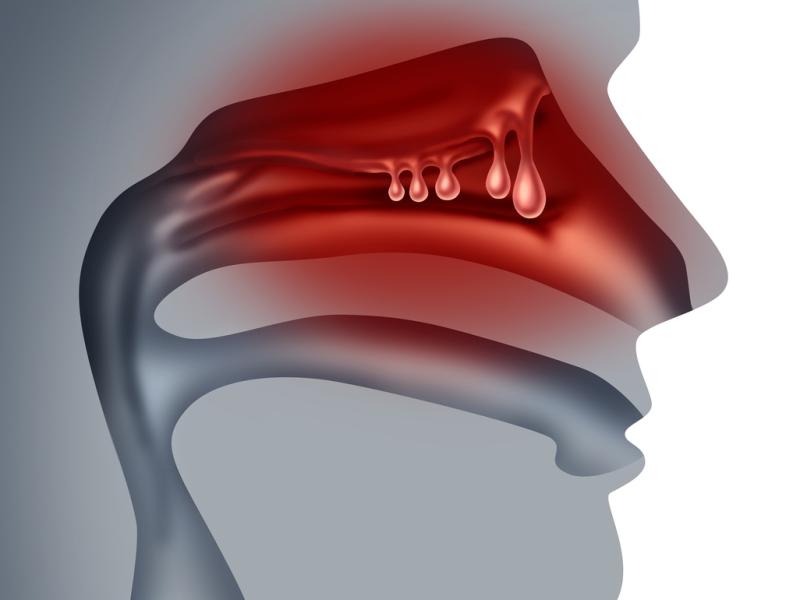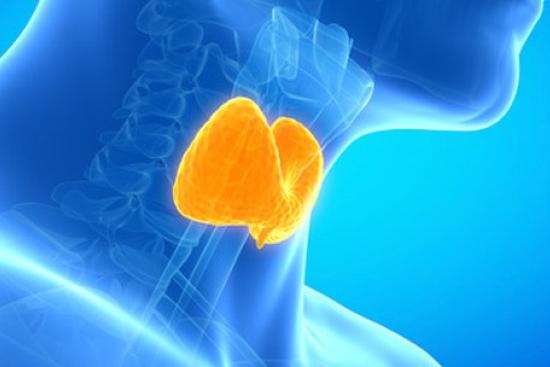Obesity and thyroid function are two closely related health issues. The thyroid is a butterfly-shaped endocrine gland located at the base of the neck that produces thyroid hormones that are important for regulating metabolism and body weight. When the thyroid is not functioning properly, it can affect the body's ability to burn calories and maintain healthy body weight.
In this article, we will explore the relationship between obesity and thyroid function.
Problems associated with obesity
Obesity is a major public health problem worldwide, affecting millions of people of all ages. This condition is associated with an increased risk of many chronic diseases, including type 2 diabetes, cardiovascular disease, and certain cancers. Although the relationship between obesity and thyroid function is not clearly understood, studies have suggested that there may be a link between the two problems.
Thyroid hormones are involved in the regulation of basal metabolic rate (energy expenditure required to maintain vital functions) and thermogenesis (the metabolic process by which the body produces heat), and thus play an important role in lipid and glucose metabolism, food intake, and fat oxidation.
Effects of Thyroid Health on Body Fat Distribution
Thyroid health can affect the distribution of adipose tissue and the total amount of adipose tissue in our bodies. The thyroid hormones, triiodothyronine (T3) and thyroxine (T4) regulate the rate at which cells burn calories and produce heat in the body. When the thyroid gland does not function properly, it can lead to a variety of health problems, including weight gain.
People with hypothyroidism, a condition in which the thyroid gland does not produce enough thyroid hormone, may be prone to weight gain. This is partly due to a decrease in the basal metabolic rate, which results in the body burning fewer calories. Other common symptoms of hypothyroidism include fatigue, constipation, dry skin, and increased sensitivity to the cold.
In contrast, hyperthyroidism, a condition in which the thyroid gland produces too much thyroid hormone, can also lead to weight gain. This is due to increased appetite, increased energy expenditure, and loss of muscle mass. Other common symptoms of hyperthyroidism include nervousness, irritability, excessive perspiration, and heart palpitations.
Despite the known links between the thyroid and body weight, the precise mechanisms underlying this relationship are not yet fully understood. Obesity may also affect thyroid function by disrupting hormone signaling.
Impact of Obesity on Thyroid Status
The relationship between thyroid status and obesity is bidirectional. While it is true that hypothyroidism affects weight and BMI, being overweight or obese also affects thyroid function. Abnormalities in thyroid function are very common in overweight people. However, overweight or obese people with normal thyroid function tend to have abnormal activation of the hypothalamic-pituitary-thyroid axis, resulting in elevated thyroid-stimulating hormone or TSH levels.
In addition, obesity is often associated with insulin resistance, which can also affect thyroid function. Insulin resistance interferes with the ability of thyroid hormone to enter cells and exert its metabolic effects.
In conclusion, obesity is a major risk factor for thyroid dysfunction. Obese individuals often have low T3 levels and high TSH levels, which can lead to weight gain and health complications.
Therefore, it is important to maintain a healthy weight and monitor thyroid function regularly in obese individuals. Healthcare professionals may also prescribe medicines to help maintain normal thyroid function in obese people with thyroid problems.






